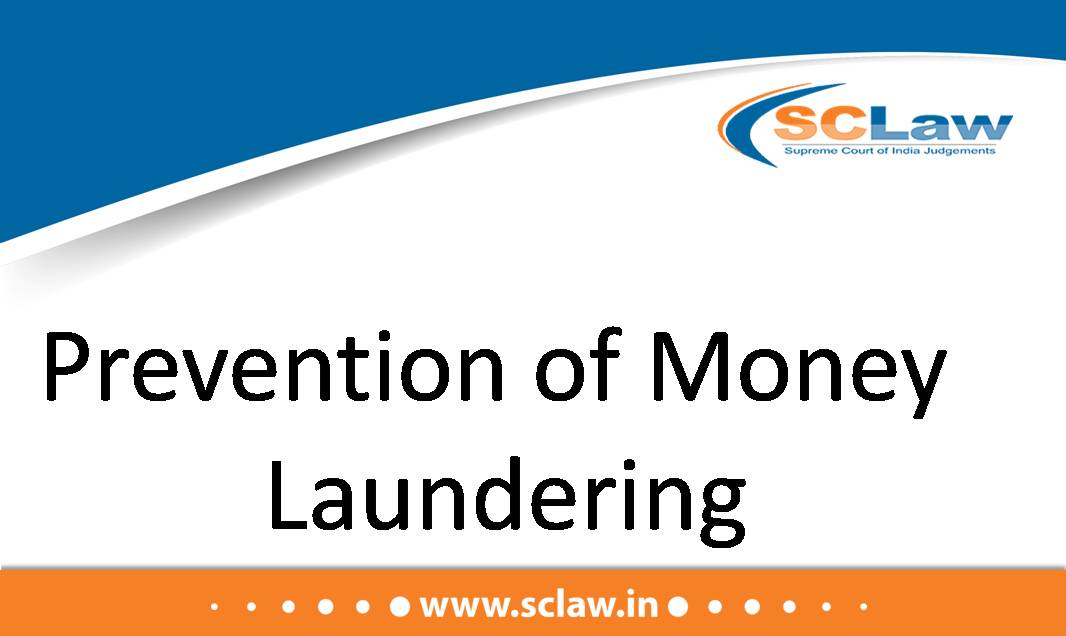Criminal Procedure Code, 1973 (CrPC) – Section 439 – Penal Code, 1860 (IPC) – Sections 120B, 201 and 420 – Prevention of Corruption Act, 1988 – Sections 7, 7A, 8 and 12 – Prevention of Money-Laundering Act, 2002 – Sections 3, 4 and 45 – Delhi Excise Policy Scam – Granting liquor licenses to traders in exchange for bribes – Bail denied – Detention or jail before being pronounced guilty of an offence should not become punishment without trial – If the trial gets protracted despite assurances of the prosecution, and it is clear that case will not be decided within a foreseeable time, the prayer for bail may be meritorious -Liberty to appellant to move a fresh application for bail in case of change in circumstances, or in case the trial is protracted and proceeds at a snail’s pace in three months.
SUPREME COURT OF INDIA DIVISION BENCH MANISH SISODIA — Appellant Vs. CENTRAL BUREAU OF INVESTIGATION — Respondent ( Before : Sanjiv Khanna and S.V.N. Bhatti, JJ. ) Criminal Appeal No.of…


